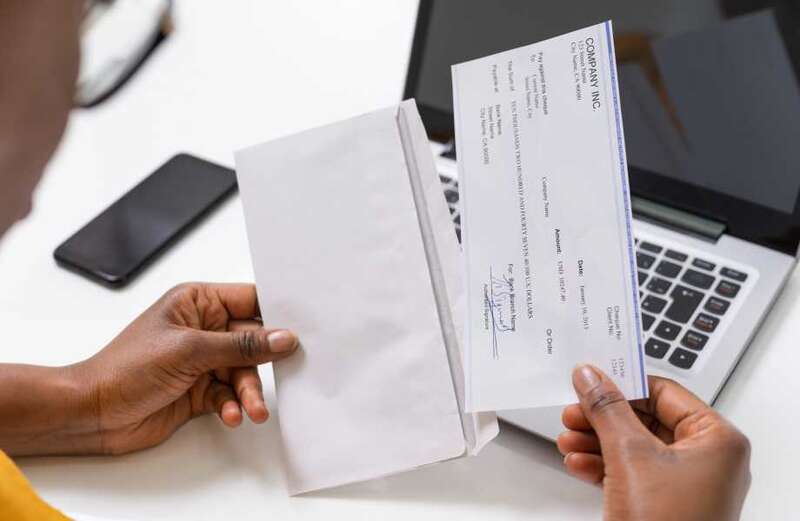NATIONAL Insurance is a tax all workers must pay once they earn a certain amount of money.
Contributions go into a government pot that pays for benefits like sick pay and the state pension.

That means you get some of the National Insurance contributions (NIC) you put in back.
Rates fell from 12% to 10% in January 2023 after the rate of Class 1 NICs was cut by Jeremy Hunt.
This change helped 27million workers and meant that someone earning an average salary of £35,000 will save over £450 a year.
 Are there illegal baby names? Surprising monikers that are BANNED in other countries, from Sarah to Thomas
Are there illegal baby names? Surprising monikers that are BANNED in other countries, from Sarah to Thomas
The Chancellor revealed another two percentage point cut to Class 1 NICs during his Spring Budget in March.
The change means that someone earning an average salary of £35,000 will save more than £448.60 a year.
This increases to a maximum of around £750 for those on salaries above £50,000.
The legislation is being brought forward to enable the cut to come in from April 6 - the start of the next tax year.
Combined with the two percentage points cut to NI that came into effect in January, this will be a total saving of around £900 a year.
Two million self-employed people will see the main rate of National Insurance slashed from 8% to 6%, working out at an average saving of £350 a year.
How much National Insurance do I pay?
Most people now pay 10% NICs on any earnings between £242 and £967 a week.
This means if you earn more than £12,570 a year, you'll start paying NICs.
You pay mandatory National Insurance if you're 16 or over and are either:
- An employee earning more than £242 per week from one job
- Self-employed and making a profit of more than £12,570 a year
Plus, you have to pay 2% on anything you earn over £967 a week - or £4,189 per month.
 All about Rachel Nickell who was murdered in front of her son Alex Hanscombe
All about Rachel Nickell who was murdered in front of her son Alex Hanscombe
The exact amount you pay will depend on how much you earn, as it's a percentage of earnings between these amounts.
If you're employed, the company you work for deducts the tax and pays it to HMRC for you.
You can see your contributions by looking at your payslip.
Your National Insurance number is used to ensure that the correct contributions are made to your name.
You can also visit use HMRC's NICs calculator to see how much you pay.
What salary do you start paying National Insurance?
If you are employed, you start paying National Insurance when you are 16 or older and earning more than £242 a week.
You start paying NICs when you earn over £12,570 a year - the same threshold as for income tax.
The self-employed start paying when they make profits of at least £6,725 a year.
Those earning less than these amounts do not have to pay any National Insurance.
If you are employed and you have earnings from self-employment you might have to pay NICs on both amounts, if you make over these amounts.
If you're self-employed, you need to complete a self-assessment tax return and pay NICs and income tax yourself.
Once you reach state pension age, you don't need to pay it at all.
There are different types of National Insurance - known as "classes", and the type you pay depends on your employment status, how much you earn, and whether you have any gaps in your National Insurance record.
Can I check how much National Insurance I've paid?
You can check how much National Insurance you've paid by visiting https://www.gov.uk/check-national-insurance-record.
You will need a login and password to do this.
If you do not have a login to the Government Gateway portal, you can set one up, but will need your National Insurance number to do so.
You can check how much you have made in contributions during the current financial year, and check how many National Insurance credits you have received.
However, this portal will not give you an estimate of how much of the state pension you are entitled to.
You can also request a paper version over-viewing your contributions if you want.
Can I opt out of National Insurance?
As National Insurance is automatically deducted from wages, you can't opt out if you are employed or self-employed, are aged 16 or over and earning above the minimum threshold.
However, the self-employed have to manage these payments themselves.
If you become self-employed, you must tell HMRC as soon as possible.
You will then be required to complete a self assessment tax return every year.
This will be used to determine how much tax and National Insurance you should pay.



































